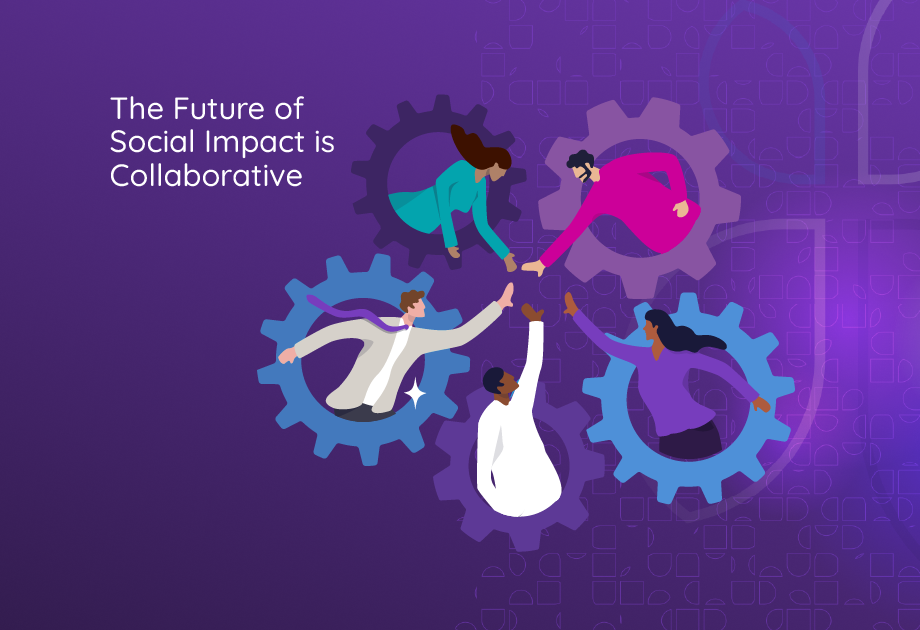Why Outcome Metrics are the Key to Bridging the Gap in Funder/Grantee Communication
- srini228
- Jan 4, 2024
- 2 min read
By Sheri Chaney Jones, CEO of SureImpact
Over the last two years, The Center for Effective Philanthropy (CEP) has been evaluating the effects of MacKenzie Scott’s large, unrestricted grants on the social-good sector. According to the nonprofits who have received Scott funds, 90% report that Scott’s gift somewhat or significantly improved their organization’s ability to innovate or take risks. In addition, more than 80% are using Scott funds to increase their long-term operational capacity. Fewer than 2% report major challenges associated with using the Scott gift, and 80% reported no challenges at all.
In an article for The Center for Effective Philanthropy, Kathy Reich, Director of Building Institutions and Networks (BUILD) with the Ford Foundation discussed how CEP’s findings on the MacKenzie Scott grants were not surprising. According to Reich, what was also not surprising is that many funders remain very skeptical of Scott’s style of flexible giving. Although 80% of the funders in the CEP study praise Scott’s approach, “More than three-quarters of the interviewed funders express concern about nonprofits’ ability to handle large, unrestricted gifts.”
The BUILD program at the Ford Foundation awards 5-year, unrestricted grants to nonprofit organizations and networks in nearly 40 countries. An ongoing independent evaluation of the BUILD program shows similar findings to those found about the MacKenzie Scott grants: “Organizations that have received BUILD grants are better able to plan and execute on their missions than before they received BUILD support. They are more financially stable, and more successful in leveraging support from other donors. They are better able to compensate and support their staff. And as a result, the evaluation reports, BUILD has contributed to increases in social impact.” With such overwhelmingly positive results, Reich asks “What might convince funders to trust our nonprofit partners more, and seek to control them less?”
For us to get to this level of trust as a sector, we need to focus on the elements that build trust. Whether in personal or professional relationships, blind trust is unwise and leads to disappointment. Trust is a two-way street and requires consistent actions by the one seeking trust. The social-good sector focuses too much on only one aspect of trust: positive relationships. Consistency, good judgement, and expertise are the other important elements of trust. The way to shift the conversation and build trust is through using metrics and outcomes data to demonstrate a nonprofit’s commitment to taking consistent action that drives results aligned with their mission.
Will nonprofits always get it right? Of course not. No innovative leader ever does. Yet, as social-change leaders, we only fail when we quit. Data-driven nonprofits will have learned something along the way and will use these learnings to integrate and move the sector forward. It is time we recognized that measurement is the key and often missing ingredient in building trusting relationships between funders and nonprofits.
To learn more, check out our blog “6 Tips for Cultivating Equitable Grantmaking Through Trust-Based Philanthropy.



Comments